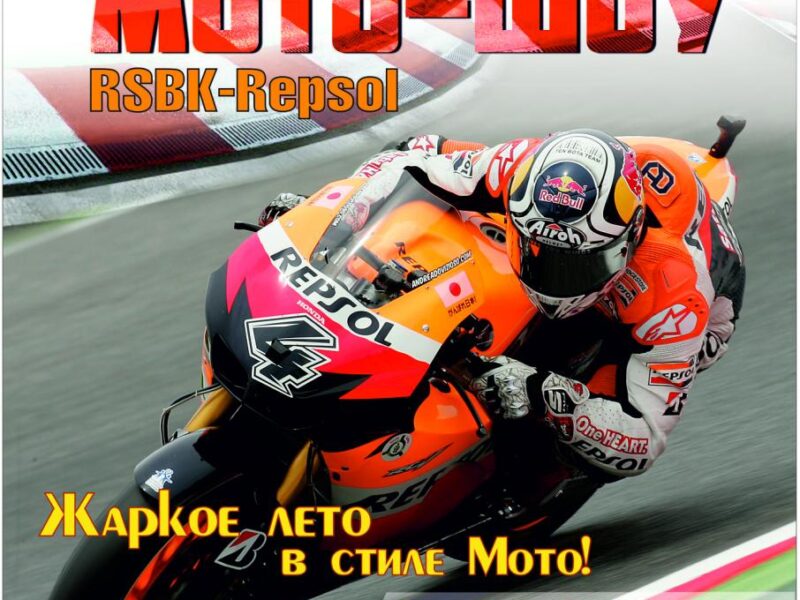Heroes, events and phenomena of the 1990s — in a special project by PostNauka and the Yegor Gaidar Foundation
DICTIONARY 90s
Heroes, events and phenomena of the 1990s – in a special project PostNauka
and the Yegor Gaidar Foundation
After a quarter of a century, the 90s began to be perceived as a separate historical period, and people had a need to comprehend them. For many, this time is associated with the collapse of the empire, the birth of a new state, empty shelves in stores and hopes for a brighter future. We tried to partially recreate this decade in its historical and cultural context, showing the events, phenomena and heroes characteristic of it.
Actionism is one of the trends of avant-garde art that emerged in Western Europe in the 1960s. Actionists sought to blur the line between art and reality through new ways of artistic expression and shifting the focus from the work itself to the process of its creation.

“Unfortunately, the actions of the 1990s had practically no real political effect and were a kind of anarchist antics, which, in essence, simply pointed to a certain phenomenon or lack of this phenomenon. Because, say, when John Lennon and Yoko Ono spoke out against the war, posing for journalists in the nude in their own bed, there were powerful currents behind them. And the actionists of the 90s actually spoke on their own behalf, like Alexander Brener. The only case when some semblance of such a movement was created was the action “Barricades on Nikitskaya”, the authors of which are Avdey Ter-Oganyan and Anatoly Osmolovsky.
In the lecture, art historian Andrey Kovalev talks about the main figures of Moscow conceptualism and the political reaction to the actions of the 90s.
Bazaar – jargon used in the meaning of the word speech, conversation. It originated in gangster vocabulary in the 1990s in Russia. In this meaning, the word bazaar is used in the expression filter the market, filter the market, in other words, choose expressions.

“Why is the word “bazaar” in the sense of the word “speech” so important for the 90s? Because it was in the 90s that the foundations of the new Russian speech were laid. And today, in the new century, we are reaping the fruits of those very 90s, those very streams of lexical borrowings, vernacular, everything that has entered our speech. And although not everything was kept in it, something remained.
In the lecture, linguist Maxim Krongauz talks about new words for professions of the 90s, commercial vocabulary and thieves' jargon.
Blockbuster (English blockbuster, from block – quarter and bust – destroy, destroyer of the quarter) – a term introduced in American cinema in the 1970s. Blockbusters are hits that have a large budget and involve stars in the main cast.

“When we talk about the cinema that penetrated Russia in the 90s, we must be very careful about the concept of a blockbuster.Why? The domestic viewer for a long time could not accept it and use it correctly. This does not mean that we, firstly, did not have a rental in the 80s, and secondly, there were no rental leaders. For example, there were films that collected a large box office in the 80s. They were called so: “rental leaders”, “hit rentals” or “hire champions”. There were not so many films in the 80s that were officially shown on a large number of screens, but, of course, if they got to us, they were in great demand. Such a film, for example, was Crocodile Dundee. Domestic films could also be the leaders of the box office, for example, the film “The Needle” with Viktor Tsoi.
In the lecture, culturologist Alexander Pavlov talks about the peculiarities of cultural consumption in the 90s in Russia and the hits of video rental.
Brother is a 1997 Russian feature film directed by Alexei Balabanov. The film tells about the hero of the 1990s Danil Bagrov. Starring Sergey Bodrov and Viktor Sukhorukov, composer – Vyacheslav Butusov, vocalist of the Nautilus Pompilius group.

Perhaps, Brother is the most representative film for the era of the second half of the 1990s – not the 1990s in general, because the first half of the 1990s is much better represented, say, by Mikhail Kokshenov's comedies or Yuri Mamin's Window to Paris. According to Brother, we can see the war syndrome, and the rampage of criminals, and the total poverty that is typical even for St. Petersburg, and, of course, the declining, but still relevant popularity of Russian rock, in particular the Nautilus Pompilius group. In a sense, Brother is a domestic version of Taxi Driver, that masterpiece of the 1970s. Like the protagonist of Taxi Driver, Danila Bagrov returned from the war, tries to save the women he meets and kills gangsters. But he is an antihero.
Actually, the main moralizing thought is expressed by the “weak” German, who notes that Danila actually won no one. However, he does this without judgment, but only sadly stating the fact. For a real artist, social troubles or catastrophes, wars, and so on quite often successfully serve as a theme for creativity. Accordingly, Alexei Balabanov, one might say, was lucky to live and work in the 1990s. And, of course, Brother is not in vain considered his hallmark. As for Brother-2, it is more of a commercial project, designed to become successful in the wake of the popularity of the first series, and one can hardly say about it that it reflects the 1990s. He tries to do it, but it turns out unconvincingly. By and large, even the soundtrack, which contains all the more or less iconic compositions of Our Radio of 2000, speaks of this.


